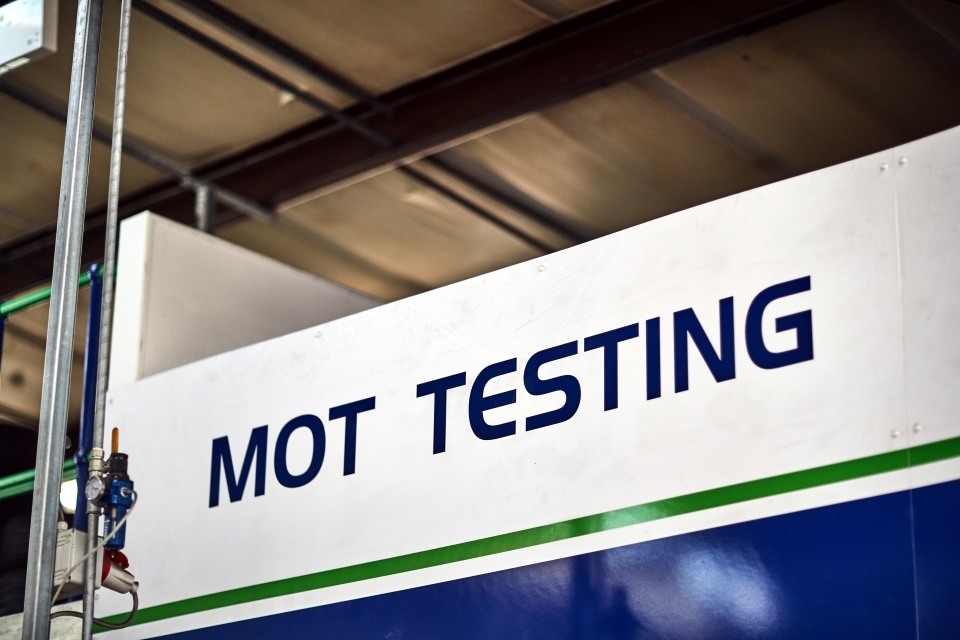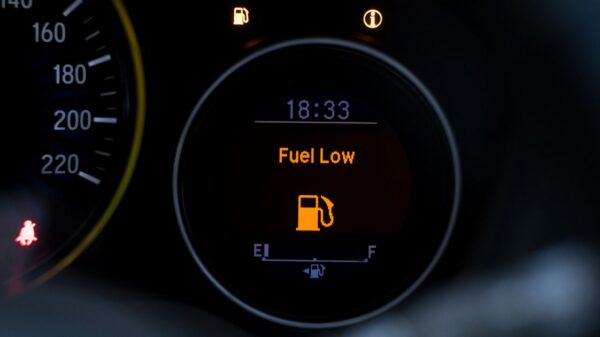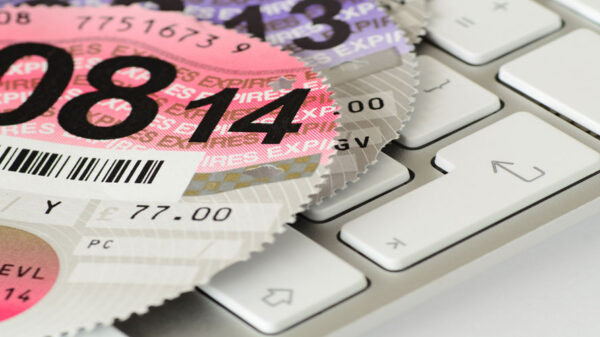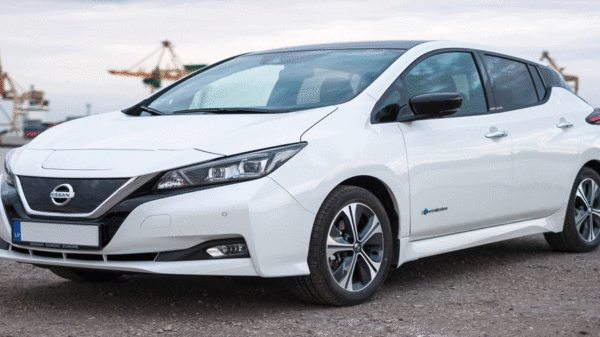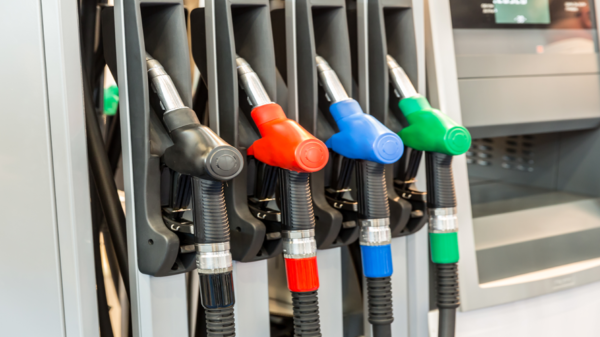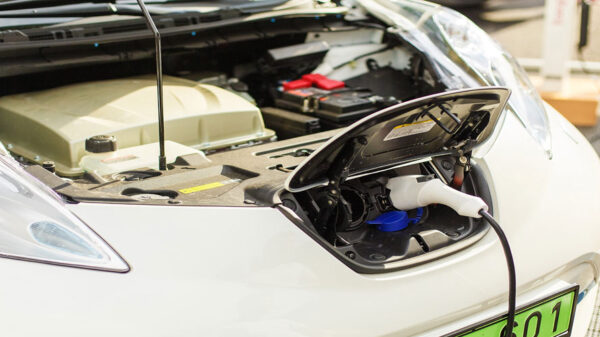New Car Sales Flagging but Plug-in Vehicles Demand Up.
New car sales were down almost 15% last month compared with May 2019, but plug-in vehicles have taken a larger proportion of the new car market. A total of 156,737 new cars were registered in the UK last month, new Society of Motor Manufacturers and Traders (SMMT) figures show.
This represents an almost eightfold increase on the same month last year, following the re-opening of showrooms for a full month in May.
However, sales remain down 14.7% on the same period before the pandemic and down 13.2% on the 10-year May average. Total car registrations for 2021 so far are 723,845, which is down 29.1% on average between 2010 and 2019.
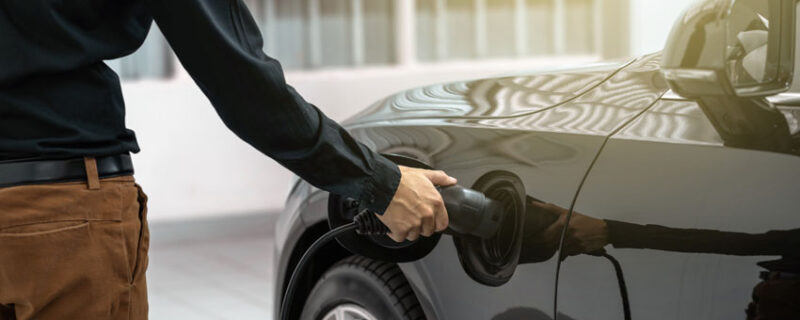
Plug-in Vehicles Demand Up
Plug-in vehicles now make up 13.8% of this year’s new car market, up from 7.2% in the same period in 2020. The most rapid growth is in plug-in hybrids (PHEVs).
RAC spokesman Simon Williams said: “May was a very significant month for the sale of battery-electric cars as the 13,120 sold took the total number registered since 2010 past the 250,000 milestones.
“So far this year the number of pure electric cars sold has already surpassed that of 2019 and is half the total sold last year.
“This is a clear sign that drivers are embracing electric and with fewer restrictions, it looks like even better BEV sales figures will be posted in the coming months.”
In early May, the government announced that more than 500,000 ultra-low emission vehicles are now being driven around the country – a major milestone for sustainable motoring.
According to SMMT figures, pure petrol and mild-hybrid petrol cars so far account for 60.4% of registrations and pure diesel and mild hybrid diesels have taken an 18.0% share year to date, compared with 64.6% and 22.4% last year.
SMMT chief executive Mike Hawes said: “With dealerships back open and a brighter, sunnier, economic outlook, May’s registrations are as good as could reasonably be expected.
“Increased business confidence is driving the recovery, something that needs to be maintained and translated in private consumer demand as the economy emerges from pandemic support measures. Demand for electrified vehicles is helping encourage people into showrooms, but for these technologies to surpass their fossil-fuelled equivalents, a long-term strategy for market transition and infrastructure investment is required.”
Simon Williams added: “With more and more of our patrol vans being kitted out with our industry-leading lightweight EV chargers, fears about running out of juice mid-journey are fast disappearing, which should give even more drivers the confidence to make the switch to electric.”
Of 1,920 in-market buyers, 31% of are looking to buy between now and September, What Car? research shows.
Find out how the UK’s adoption of electric cars is progressing in charts and data.



